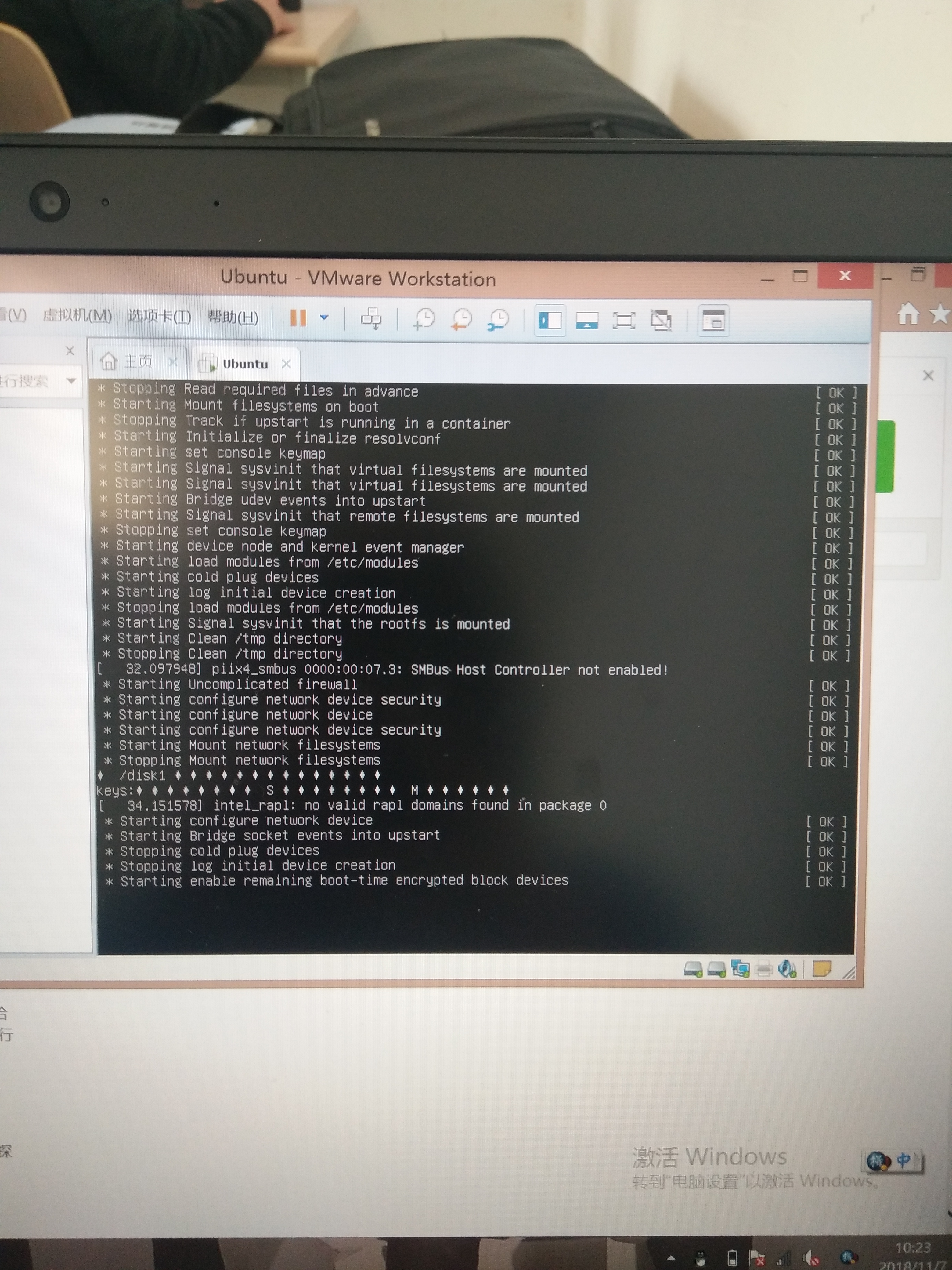可以将文章内容翻译成中文,广告屏蔽插件可能会导致该功能失效(如失效,请关闭广告屏蔽插件后再试):
问题:
In Java, I want to do something like this:
try {
...
} catch (/* code to catch IllegalArgumentException, SecurityException,
IllegalAccessException, and NoSuchFieldException at the same time */) {
someCode();
}
...instead of:
try {
...
} catch (IllegalArgumentException e) {
someCode();
} catch (SecurityException e) {
someCode();
} catch (IllegalAccessException e) {
someCode();
} catch (NoSuchFieldException e) {
someCode();
}
Is there any way to do this?
回答1:
This has been possible since Java 7. The syntax for a multi-catch block is:
try {
...
} catch (IOException | SQLException ex) {
...
}
Remember, though, that if all the exceptions belong to the same class hierarchy, you can simply catch that base exception type.
Also note that you cannot catch both ExceptionA and ExceptionB in the same block if ExceptionB is inherited, either directly or indirectly, from ExceptionA. The compiler will complain:
Alternatives in a multi-catch statement cannot be related by subclassing
Alternative ExceptionB is a subclass of alternative ExceptionA
回答2:
Not exactly before Java 7 but, I would do something like this:
Java 6 and before
try {
//.....
} catch (Exception exc) {
if (exc instanceof IllegalArgumentException || exc instanceof SecurityException ||
exc instanceof IllegalAccessException || exc instanceof NoSuchFieldException ) {
someCode();
} else if (exc instanceof RuntimeException) {
throw (RuntimeException) exc;
} else {
throw new RuntimeException(exc);
}
}
Java 7
try {
//.....
} catch ( IllegalArgumentException | SecurityException |
IllegalAccessException |NoSuchFieldException exc) {
someCode();
}
回答3:
Within Java 7 you can define multiple catch clauses like:
catch (IllegalArgumentException | SecurityException e)
{
...
}
回答4:
No, one per customer.
You can catch a superclass, like java.lang.Exception, as long as you take the same action in all cases.
try {
// some code
} catch(Exception e) { //All exceptions are caught here as all are inheriting java.lang.Exception
e.printStackTrace();
}
But that might not be the best practice. You should only catch an exception when you have a strategy for actually handling it - and logging and rethrowing is not \"handling it\". If you don\'t have a corrective action, better to add it to the method signature and let it bubble up to someone that can handle the situation.
回答5:
If there is a hierarchy of exceptions you can use the base class to catch all subclasses of exceptions. In the degenerate case you can catch all Java exceptions with:
try {
...
} catch (Exception e) {
someCode();
}
In a more common case if RepositoryException is the the base class and PathNotFoundException is a derived class then:
try {
...
} catch (RepositoryException re) {
someCode();
} catch (Exception e) {
someCode();
}
The above code will catch RepositoryException and PathNotFoundException for one kind of exception handling and all other exceptions are lumped together.
Since Java 7, as per @OscarRyz\'s answer above:
try {
...
} catch( IOException | SQLException ex ) {
...
}
回答6:
A cleaner (but less verbose, and perhaps not as preferred) alternative to user454322\'s answer on Java 6 (i.e., Android) would be to catch all Exceptions and re-throw RuntimeExceptions. This wouldn\'t work if you\'re planning on catching other types of exceptions further up the stack (unless you also re-throw them), but will effectively catch all checked exceptions.
For instance:
try {
// CODE THAT THROWS EXCEPTION
} catch (Exception e) {
if (e instanceof RuntimeException) {
// this exception was not expected, so re-throw it
throw e;
} else {
// YOUR CODE FOR ALL CHECKED EXCEPTIONS
}
}
That being said, for verbosity, it might be best to set a boolean or some other variable and based on that execute some code after the try-catch block.
回答7:
In pre-7 how about:
Boolean caught = true;
Exception e;
try {
...
caught = false;
} catch (TransformerException te) {
e = te;
} catch (SocketException se) {
e = se;
} catch (IOException ie) {
e = ie;
}
if (caught) {
someCode(); // You can reference Exception e here.
}
回答8:
Catch the exception that happens to be a parent class in the exception hierarchy. This is of course, bad practice. In your case, the common parent exception happens to be the Exception class, and catching any exception that is an instance of Exception, is indeed bad practice - exceptions like NullPointerException are usually programming errors and should usually be resolved by checking for null values.
回答9:
Yes. Here\'s the way using pipe( | ) separator,
try
{
.......
}
catch
{
catch(IllegalArgumentException | SecurityException | IllegalAccessException | NoSuchFieldException e)
}




